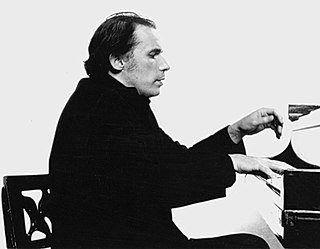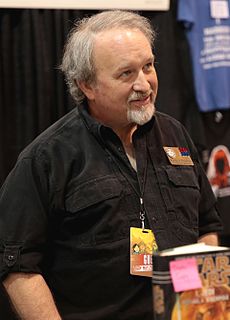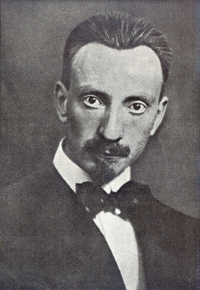A Quote by Glenn Gould
The justification of art is the internal combustion it ignites in the hearts of men and not its shallow, externalized, public manifestations.
Quote Topics
Related Quotes
It's so easy to demagogue the issue and make someone who speaks out against the internal-combustion engine sound like an insane communist, when the truth is that the internal-combustion engine is the biggest threat to my life in the next 25 years, in terms of what it's doing to our environment and how it's depleting the ozone layer and so forth.
Sundry manifestations of nature in men and women, are greatly perverted by existing social conventions upheld by both. There are feelings which, under our predatory régime, with its adapted standard of propriety, it is not considered manly to show; but which, contrariwise, are considered admirable in women. Hence repressed manifestations in the one case, and exaggerated manifestations in the other; leading to mistaken estimates.
I'm afraid that in the United States of America today the prevailing doctrine of justification is not justification by faith alone. It is not even justification by good works or by a combination of faith and works. The prevailing notion of justification in our culture today is justification by death. All one has to do to be received into the everlasting arms of God is to die.
Because of their origin and purpose, the meanings of art are of a different order from the operational meanings of science and technics: they relate, not to external means and consequences, but to internal transformations, and unless it produce these internal transformations the work of art is either perfunctory or dead.
The physiological combustion theory takes as its starting point the fundamental principle that the amount of heat that arises from the combustion of a given substance is an invariable quantity-i.e., one independent of the circumstances accompanying the combustion-from which it is more specifically concluded that the chemical effect of the combustible materials undergoes no quantitative change even as a result of the vital process, or that the living organism, with all its mysteries and marvels, is not capable of generating heat out of nothing.
Beethoven and Wagner for many years wrung our hearts. But now we are sated with them and derive much greater pleasure from ideally combining the noise of streetcars, internal-combustion engines, automobiles, and bust crowds than from rehearsing, for example, the 'Eroica' or the 'Pastorale'...away! les ust be gone, since we shall not much longer succeed in restraining a desire to create a new musical realism by a generous distribution of sonorous blows and slaps, leaping numbly over violins, pianofortes, contrabasses, and groaning organs, Away!




































